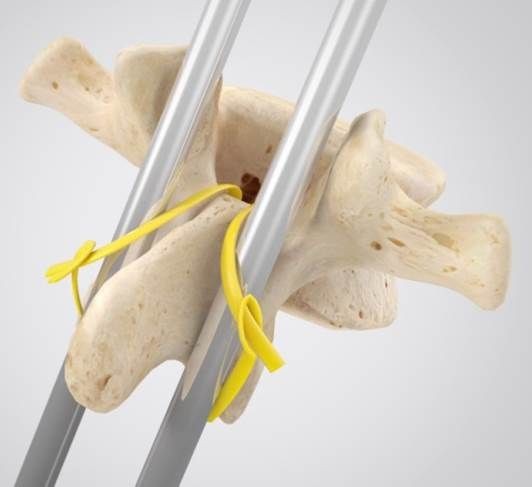Bifidobacteria stimulated by dietary fibre
Ingestion of a specific dietary fibre (known as a prebiotic) results in a fivefold increase in the number of ‘good’ bifidobacteria in the gastrointestinal tracts of overweight people. That is the finding of researchers from Maastricht UMC+ who performed a study with 44 overweight or obese people. Part of that group received a prebiotic which they used as a supplement to their daily diets for 12 weeks. Although the number of beneficial bifidobacteria increased, no restoration of the disordered glucose metabolism was observed. The results have been published in the renowned scientific journal Gastroenterology.
Bifidobacteria are probably still best known for their application in the food industry. These and other bacteria, known as probiotica, are added to things like dairy drinks because of their potential beneficial effects on intestinal health. Prebiotics are probably less well known. They are non-digestible dietary fibres that can positively affect the environment in the gastrointestinal tract so that ‘good’ bacteria can flourish. However, the microscopic life in the human body is a very complex system. Researchers are trying to get a better view of it and find a way to positively influence this environment in a targeted manner.
Prebiotics
The prebiotics administered in the Maastricht research were galacto-oligosaccharides, which are used in things such as baby food. For the research, 21 overweight or obese men and women were given 15 grams of this dietary fibre to use as a daily supplement to their regular diets for 12 weeks. The effect was compared with a control group that received a similar amount of a placebo to use as a daily supplement. The result: a fivefold increase in bifidobacteria in the people who ingested galacto-oligosaccharides. However, their glucose metabolism (sensitivity to the insulin hormone), various inflammatory factors and energy metabolism remained unchanged.
Prediabetes
People with obesity have a disturbed metabolism. ‘However, we are trying to restore the balance with the help of nutrition’, says researcher Dr Emanuel Canfora. The increase in bifidobacteria is a good sign in theory, but more is needed to restore the metabolism. Canfora: ‘Although we saw in this study that the bacterial composition was positively affected by galacto-oligosaccharides, we saw no change in inflammatory factors and insulin sensitivity, which are known risk factors for diabetes. It is possible that the effects would be greater for the glucose metabolisms of healthy people without signs of prediabetes.’ Future research should eventually reveal how prebiotics can be used as effectively as possible, for both people with obesity and prediabetes and for healthy people.
The research, led by Maastricht UMC+ (Human Biology, the General Surgery department and the UM Venlo campus), is a collaboration with Wageningen University within the Top Institute for Food & Nutrition (TIFN). That institute in a public-private partnership between academia and the food industry.
This press release has been issued by the Maastricht University Medical Centre (MUMC+).
More information: www.mumc.nl.
Also read
-
The Maastricht Study specialises in conducting microcirculation measurements
-
Prevention of dementia potentially stimulated by drawing up personal risk profile (MUMC+ news).
-
Less invasive operation, maximum vertebral growth, and no stray metal particles (MUMC+ news).


